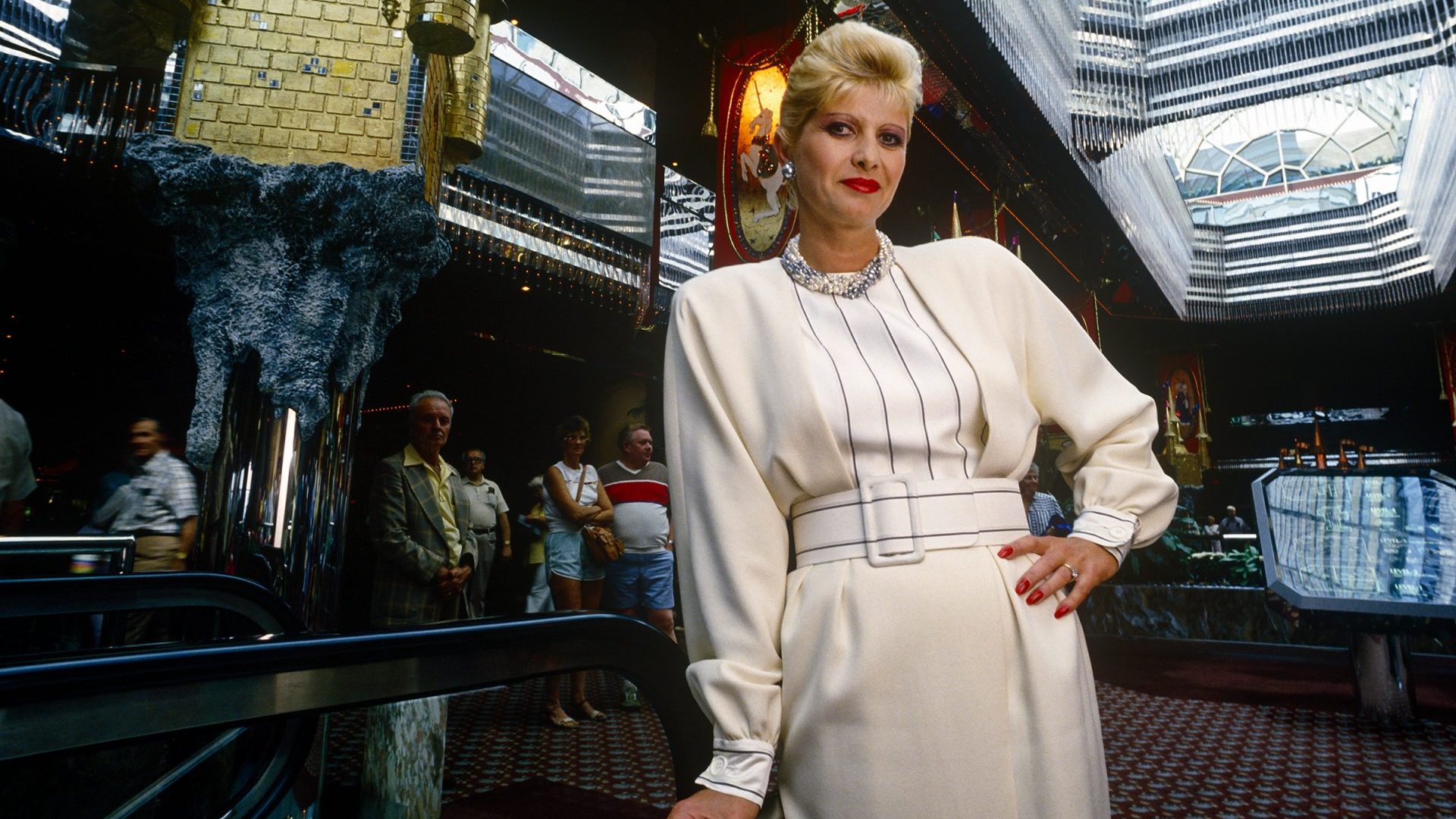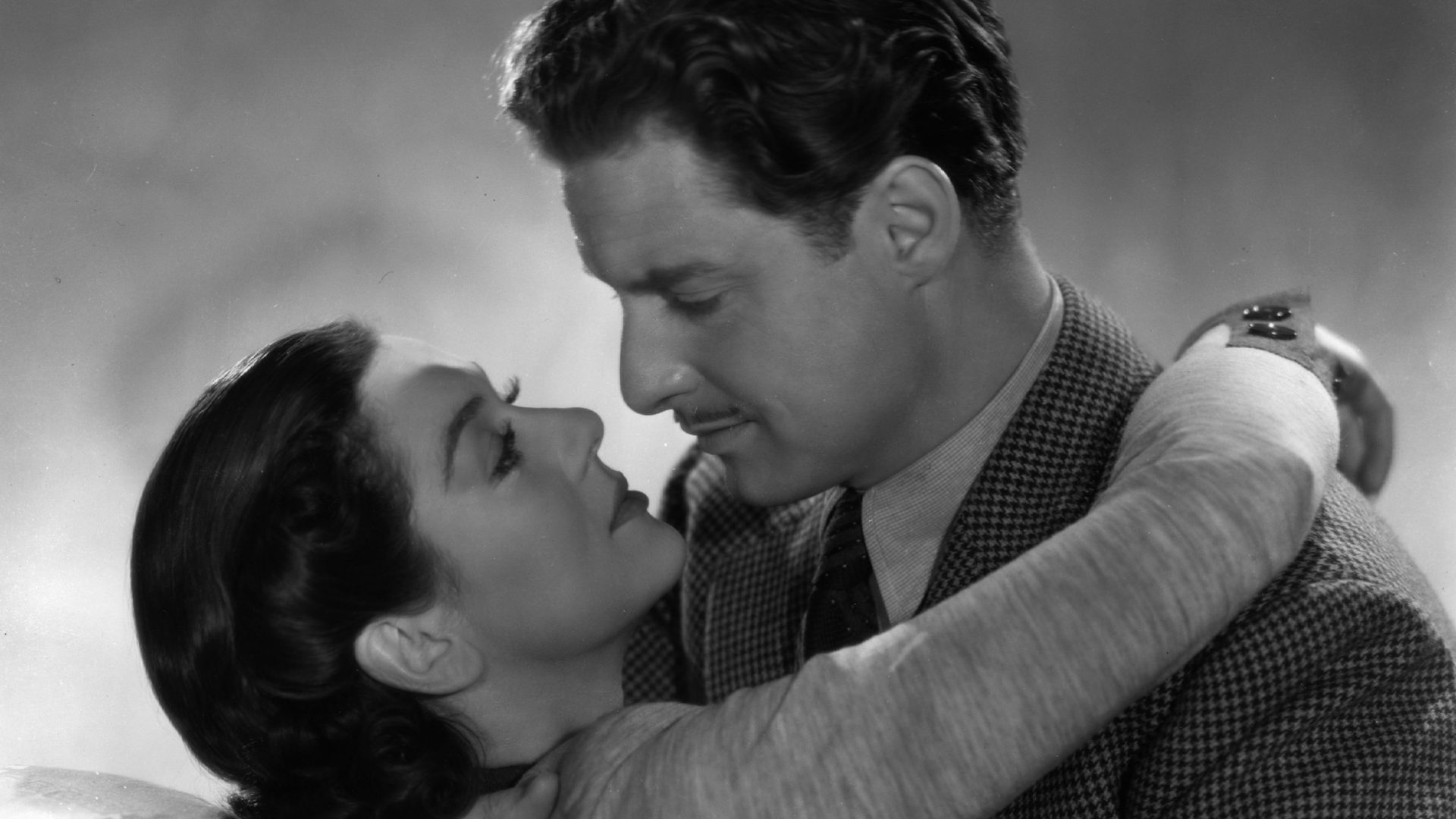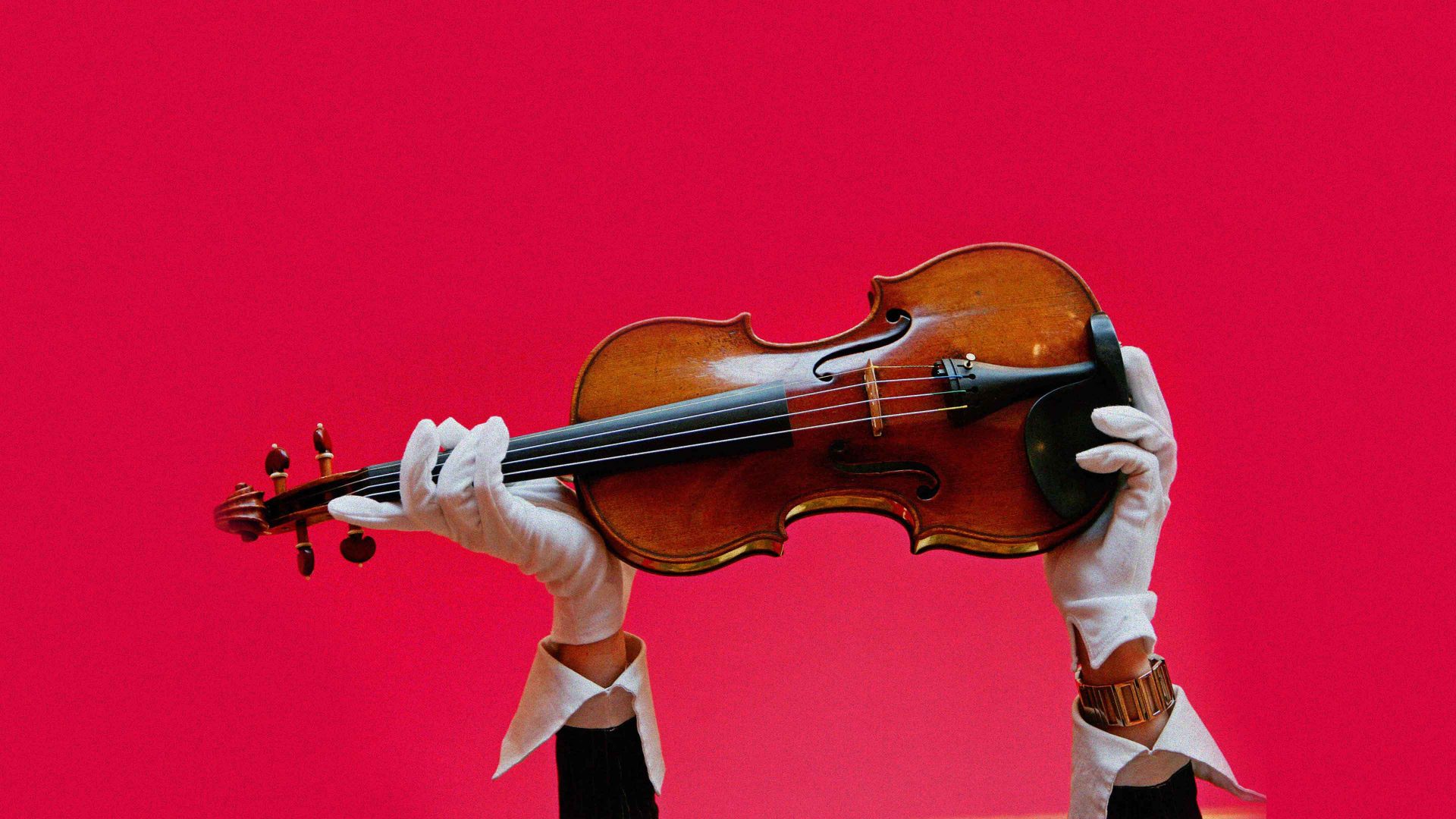By 1975 she would cross the border almost without thinking.
The two-hour drive between the apartment in Montreal she shared with her partner George Syrovatka and the Jay Peak mountain resort in Vermont where they spent most of their weekends meant crossing the US/Canadian frontier in each direction.
There was a brief immigration stop to check passports and the occasional cursory search of a car always packed with ski equipment, but this was a breeze compared to what Ivana Zelníčková had known until her move from Czechoslovakia to Canada two years earlier.
Leaving behind everything she had ever known had been a daunting prospect, one that had even necessitated a marriage of convenience, but she had her heart set upon joining George in North America.
George was only part of the attraction, however, and Canada a stepping stone. Ivana Zelníčková dreamed of New York.
Montreal was fine for now and the perfect introduction to life in the west. Zelníčková had no English when she arrived but was fluent in French, the language used most often in the city. Montreal was also home to several immigrant communities, including displaced Czechs, so was a perfect transition to a new life across the Atlantic.
She had ambition but no specific direction for it and an American dream to fulfil, yet to take defined shape. She would do whatever she could to achieve it, however, and regarded her background as her biggest asset.
“When you’re raised in a communist country you lead a very spartan life,” she recalled. “You start with nothing and learn that you must work hard for everything and believe in yourself.”
The 25-year-old spent her weekdays modelling for Montreal’s department stores but it was the weekends in Vermont that truly brought her to life, where she supplemented her income by giving skiing lessons to children then took to the advanced slopes and pushed herself to the limits, exhilarated by the roar of the wind and swish of her skis, feeling that combination of control and freedom she craved in every part of her life.
Zelníčková had been skiing since she was six years old. Her father was a competitive skier who became a highly respected judge at international competitions and at 12 she had been enrolled at the nation’s leading sports academy. From there she progressed to representing Czechoslovakia at junior international level and was talked of as a possible Olympian. Skiing was never just about times and medals, though. She was learning lessons invaluable for later life.
“Going down a ski slope at 100mph you have only yourself to count on,” she said. “Nobody else can do it for you. I learned quickly and have never forgotten those lessons. Discipline. It takes incredible discipline.”
Another important lesson came when her father learned she was neglecting her school work. The family lived in Gottwaldov, now the city of Zlín in Czechia, where life revolved almost entirely around the vast Bata shoe factory. On learning of his daughter’s less than committed approach to classroom learning, Miloš Zelníček withdrew her from the academy and sent her to work on the Bata production line, hammering heels on to shoes.
“I was scared to death I would end up doing this one little thing for the rest of my life,” she remembered. “I promised myself I would never, ever do this kind of work again.”
After two weeks, Miloš, satisfied she had learned her lesson, returned her to the academy.
International competition took the young skier abroad, to Italy and Austria, where she had a taste of the dazzling fashions, consumer goods, luxuries and fripperies that existed beyond the Iron Curtain, a life she immediately desired for herself.
Soon after her teenage sweetheart Syrovatka defected in 1971, Zelníčková married their mutual friend, Austrian ski instructor Alfred Winklmayr, to qualify for an Austrian passport and a legal way out of Czechoslovakia. The marriage ended with the passport and Zelníčková moved to Montreal, reuniting with Syrovatka.
She proved to be a natural model and was soon in demand, especially, thanks to her sporting pedigree, in the run-up to the 1976 Montreal Olympics. That summer Zelníčková was dispatched to New York as one of a group of models in a promotional package for the games which is where she first encountered a property magnate named Donald Trump.
Having been wooed successfully by Trump, Zelníčková fulfilled her dream of moving to New York, married him in the spring of 1977 and became an immediate darling of Manhattan society.
“I didn’t even know you had to pay to go to the charity evenings,” she said in 1992. “Coming to New York was an incredible culture shock.”
In contrast to her husband, Ivana Trump’s intelligence and sophistication catapulted her to fame and opportunity. Yet she was never going to settle for being a socialite. Indeed, she immediately proved to have considerable business acumen.
With an eye for the smallest detail as well as the big picture, Ivana Trump became a vital driving force of the family business empire. She oversaw one of the Trump organisation’s first major Manhattan building projects, renovating and redeveloping the old Commodore Hotel in midtown and turning it into the Grand Hyatt. As happy in a hard hat consulting with contractors as she was breezing through Manhattan high society, no aspect of the development escaped her gaze, “every pillow, every table and chair, every brass column,” as she recalled in 1988.
The marriage broke down in 1990 and, despite a financial settlement that set her up for life, Trump continued to build her own business empire while bringing up three children.
“I was in charge of raising our children before our divorce and I had sole custody of them after the split,” she said “I made the decisions about their education, activities, travel, childcare and allowances. When each one finished college, I said to my ex-husband, here is the finished product – now it is your turn.”
The 1990s brought clothing lines, jewellery and beauty products as Trump recognised the potential of the fledgling home shopping television channels on which she became a fixture. There were two more marriages and divorces, she wrote novels and memoirs, one of which claimed Donald Trump had raped her during their marriage, and even a 2010 appearance on the UK’s Celebrity Big Brother.
The apparent ease with which she appeared to straddle business and celebrity might have been just for show, however.
“How did I survive?” she said during a 2015 television interview with Barbara Walters. “Barely.”




